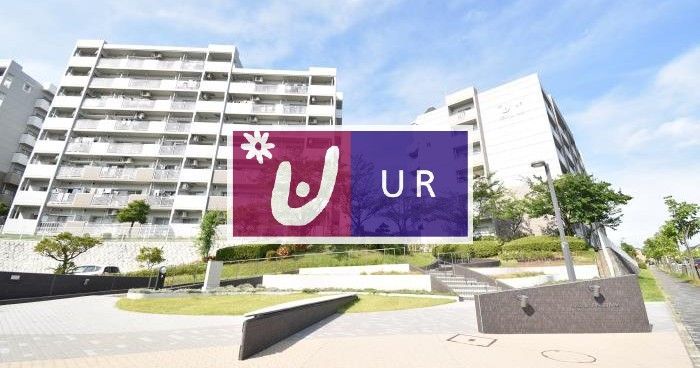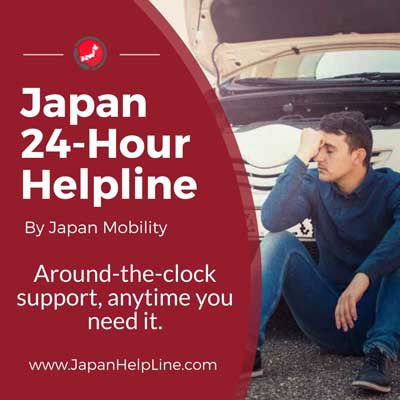Types of Housing Rental Contracts in Japan
Jeremy Grigson • June 2, 2021
Personal vs Corporate Lease
Everyone comes to Japan under slightly different conditions that will have an effect on the type of property they can, or cannot, apply for. Knowing whether you're expected to sign on the lease or if your company will sign for you is vital, as Japanese landlords will more than likely prefer a corporate lease (signed by your company) due to the obvious extra layer of security they would enjoy. It's important to know that many properties may only be available to corporations, with a personal lease option not even on the table.
One downside of a corporate lease can be your company itself, as your company's policies may actually limit the properties you can view, since the landlord must agree to the terms laid down by your company that may not necessarily conform with standard market practices in Japan. A personal lease will give you more flexibility if you can get your foot in the door (quite literally).
Flexibility aside, a lease in your own name would more than likely require utilizing a guarantor company, which acts as a co-signer on the contract and is ultimately responsible for ensuring rent payments to the landlord. This requires an application and a separate contract along with some associated fees. Typically, these include: a one-time payment equivalent to one month's rent plus a ¥10,000 annually recurring fee. Some management companies will insist that you use a specific guarantor company and there are only a few foreigner-friendly guarantor companies in Japan. One that we recommend is GTN, which you can find more information on here.
Standard vs Fixed-Term Lease
The term "fixed-term" may seem daunting at first, as your plans may be only to stay in Japan for a year or two, but usually there's no reason to be concerned. With both standard and fixed-term leases, early cancellations are usually accepted without penalty or with a penalty equivalent to one month's rent for cancellations within the first year.
Fixed-term leases are harder to renew and require a completely new contract in most cases, which can add extra steps during the renewal period. This is because the landlord may be planning to move back in after the fixed-term is up, hence the preference for this type of lease. It’s good to be aware that there is no guarantee that you can renew the contract at the end and you may need to find a new property if you plan to stay in Japan longer than the contract period.
Standard leases usually last for two years, but are more easily renewed. Fixed-term leases vary more in length and can be anywhere between two and ten years (sometimes more!)
There are other factors that may affect your home-finding experience in Japan, but hopefully this will help you with at least one aspect that may, at first, seem confusing or frustrating. Be sure to consult with your your real estate agent to help the process go as smoothly as possible.











